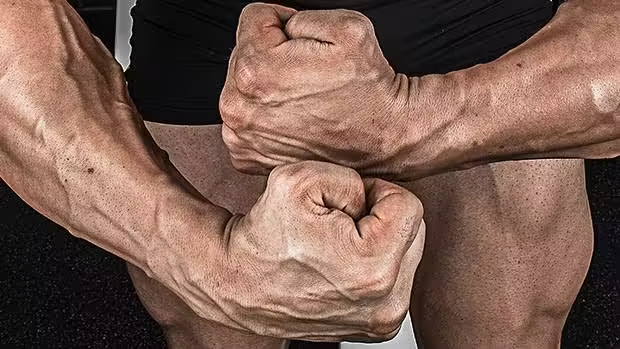why water is a Secret to Glowing Skin and Radiant Health
Table of Contents
Introduction
Ever notice people who seem to have skin that, no matter the situation, always looks like they just got it bronzed and is always as fresh as a spring day? There are an overwhelming number of reasons, from diet to living situation, for a radiant complexion and to be overall healthy, but one, often overlooked, is simple: water. That’s right, the clear, calorie-free liquid that takes up so much of our daily intake is key to keeping you healthy and your skin a youthful glow.
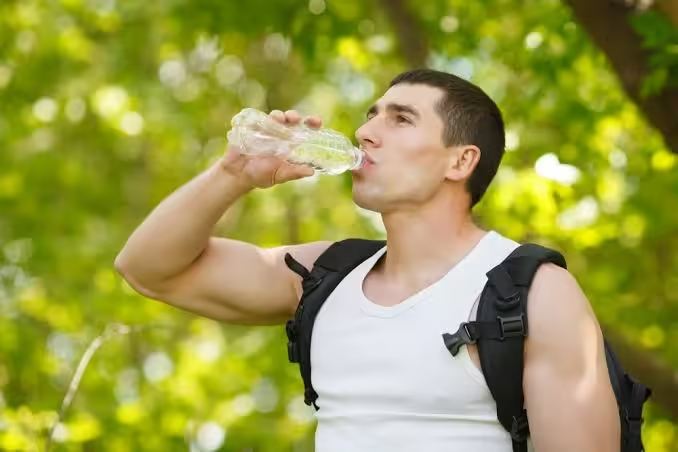
The Water Requirement in the Human Body: The human body is composed of about 60% water. Therefore, the importance of water cannot be overlooked from physiologic standpoints. It aids in the regulation of body temperature, maintaining the cellular health, and many such other processes.
A lubricant for our joints, medium for chemical reactions, transporting nutrients and waste products – it is all water.
Hydration and Skin Health
Water is vital to maintaining proper moisture in the skin. An appropriately hydrated person can proudly present with shinny plumpy, and elastic skin. However, dehydration can result in dry tough, and flaky skin. Hydration of the skin keeps it supple, thereby reducing many lines. Imagine your skin as a sponge; the more water it holds, the more supple, and smooth it becomes.
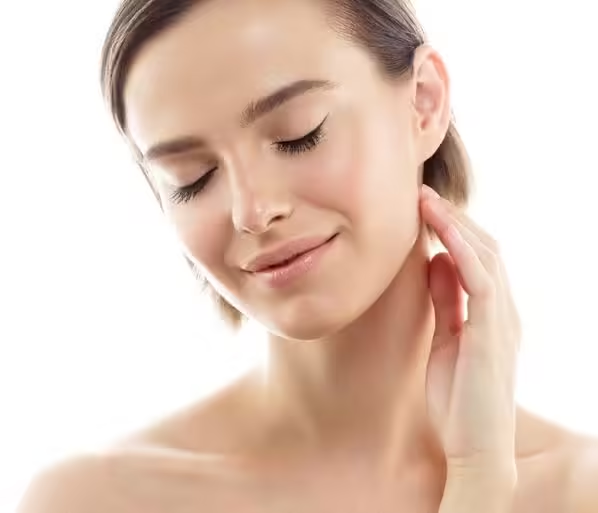
Water and Detoxification
The body detoxifies naturally through the many processes taken care of by the liver, the kidneys, and many other organs in it. Water makes up an essential part of detoxification as it purifies the body through the process of flushing out toxins. Properly filtered toxins from the body can lead to clearer and healthier skin. Waste products in the body are thus washed out if proper water intake is maintained in the body; this would decrease the chances of developing skin conditions such as acne and dullness.
Youthfulness of Skin
When we get older, the amount of moisture in skin is decreased, and wrinkles and fine lines emerge. Hydration makes the skin stronger and less prone to features such as wrinkles, which have character but are not pleasant signs of aging. The scientific explanation behind this is that water helps keep skin thickness and volume intact and does not allow it to sag. Water thus may be a form of natural anti-aging treatment that we have for everyday use.
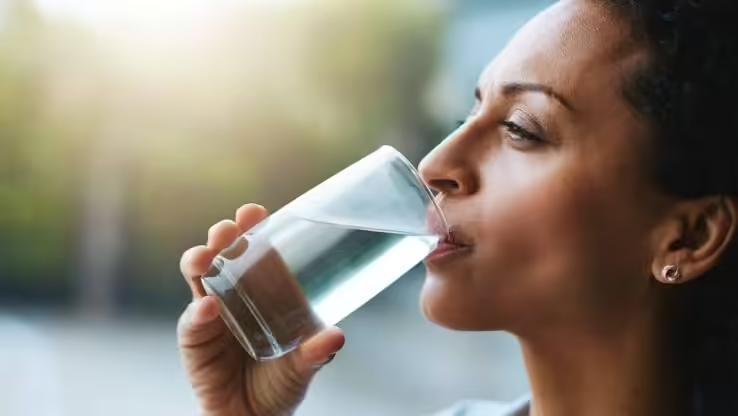
Common Skin Complaints and the Water Connection
Dehydration can exacerbate some conditions; those include acne, eczema, and psoriasis. Water helps regulate the amount of oil produced on the skin surface by equalizing the amount of oil and water, so it does not lead to pimples. In such patients with conditions such as eczema and psoriasis, hydration serves to preserve the skin’s barrier function, thereby reducing the symptoms and irritation caused by these conditions. Hydration can help minimize dark circles and puffiness caused by poor circulation around the eyes.
Absorption of Water and Nutrients
Water is also an essential ingredient for nutrient uptake from the food we take. Without it, our bodies are unable to absorb vitamins and minerals-the two constituents of a nutrient-to regulate healthy skin. For instance, all vitamins A, C, and E-anthocyanins-all contribute to healthy skin and require the presence of water to be absorbed fully into the body. This really relates very well to the saying, stay hydrated if you want to stay healthy and glow.
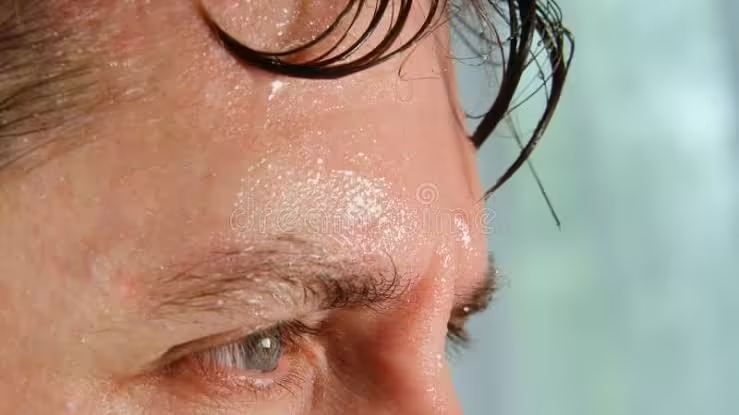
Effects of Dehydration on Health and Skin
Dehydration leads to severe conditions both in our health and skin. The general manifestations include dryness in the mouth, feeling of tiredness, dizziness, and a decrease in the rate of urine passing out from the body. It may trigger serious complications such as kidney stones and urinary tract infections. In the case of skin, dehydration brings about dryness, loss of elasticity, and vulnerability to irritants and infections.
Daily Water Intake Recommendations
What is the recommended daily water intake? Though most people think the “8 glasses a day” rule is an established guideline, individual water needs depend on age, gender, activity, and climate. A much more tailored approach would be half your body weight in ounces of water. So if you weigh 150 pounds, shoot for 75 ounces of water a day.
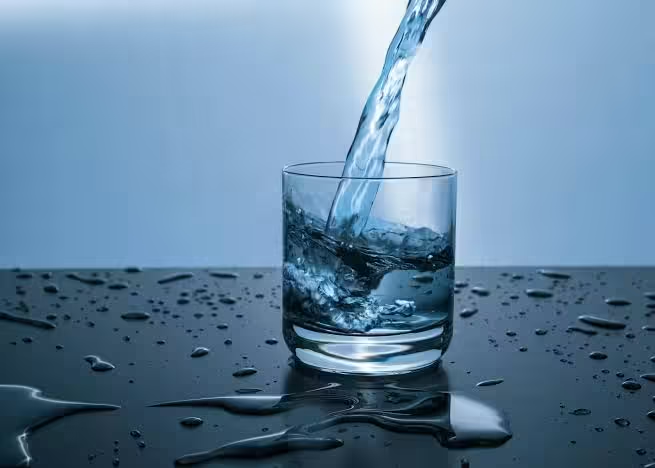
Best Hydration Practices
You do not have to make watering up a chore. Here are a few practices that will keep you hydrated:
Bring a reusable water bottle with you.
Make reminders to drink water throughout the day.
Adding flavor to your water by infusing fruits, herbs, or cucumber.
Adding more water-like foods in your diet like watermelon, cucumber, and oranges.
The Role of Diet in Hydration
Although drinking water is important, your diet can also play a critical role in hydration. Consuming foods with high water content can satisfy some of your fluid requirements daily. Lastly, balancing water intake with electrolytes-which include sodium, potassium, and magnesium-will allow your body to use the fluids you consume.
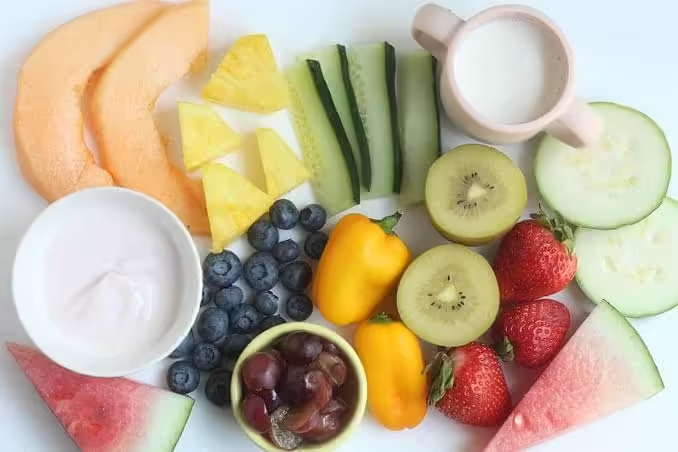
Special Considerations
Some people have special fluid- and electrolyte-replacement needs. For instance, athletes lose more water in sweat and require frequent replenishment of fluids. Pregnant and breastfeeding women need more water to account for their increased metabolic needs. Older people have a decreased perception of thirst and should pay attention to their fluid status.
Water Quality and Skin Health
Apart from that, the quality of your drinking water is something that can impact your skin’s health. You should drink cleaned and filtered water free from any contaminants that may put your life at risk. Hard water-stratified minerals-can also be a reason to change your skin whenever you bathe. A residue is left on your skin by very hard water, and it may dry out or cause some irritation.
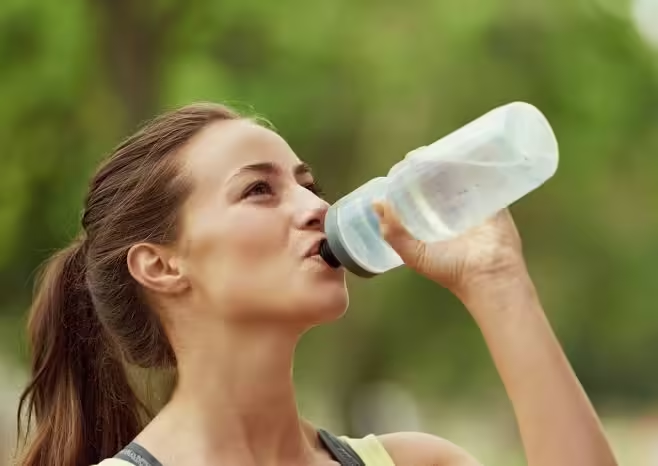
Debunking Myths about Water and Skin Health
There are many myths in the field of water and skin health. Perhaps one of the most common is that drinking too much water ensures you get clear skin right away. Hydration is, indeed, imperative. However, such is not a panacea. Many other factors – diet, skincare routine, and genetics, to name a few – contribute, as well. Scientific studies confirm a notion that hydration is essential for healthy skin, though still present a more holistic approach.
Conclusion
Water is indeed the elixir of life. First and foremost, it helps facilitate many of our body’s processes, allowing us to remain healthy and our skin as radiant as it should be. When properly hydrated, you get skin that is well moistened, improved detoxification and look that happens to appear and feel like that of an additional youth. The next time you go for a glass of water remember that you are merely quenching your thirst but also nurturing your body and skin at the same time.
FAQs
How does water improve the skin tone?
Hydration of the water keeps the skin hydrated and still provides that elasticity that aids in giving lesser fine lines and wrinkles on the face while providing a bright, radiant skin tone.
Is the consumption of water effective in reducing acne?
While the act of drinking water itself cannot be a treatment for acne, hydration helps hydrate oil in a person’s skin while also supporting detoxification processes that help in decreasing any breakouts.
A short period of a few days to a week
Is enough to improve skin hydration and texture as a result of drinking more water. However, benefits over many weeks or even months depend upon hydration.
Could one ever drink too much water?
Yes, overconsumption of it in too brief an interval can lead to hyponatremia, or an imbalance of electrolytes in the body- not a good thing.
What’s the best water for skin health?
Clean, filtered water is the best for health care. Since it does not contain contaminants or impurities causing harm to your skin and, more importantly, your overall health.


